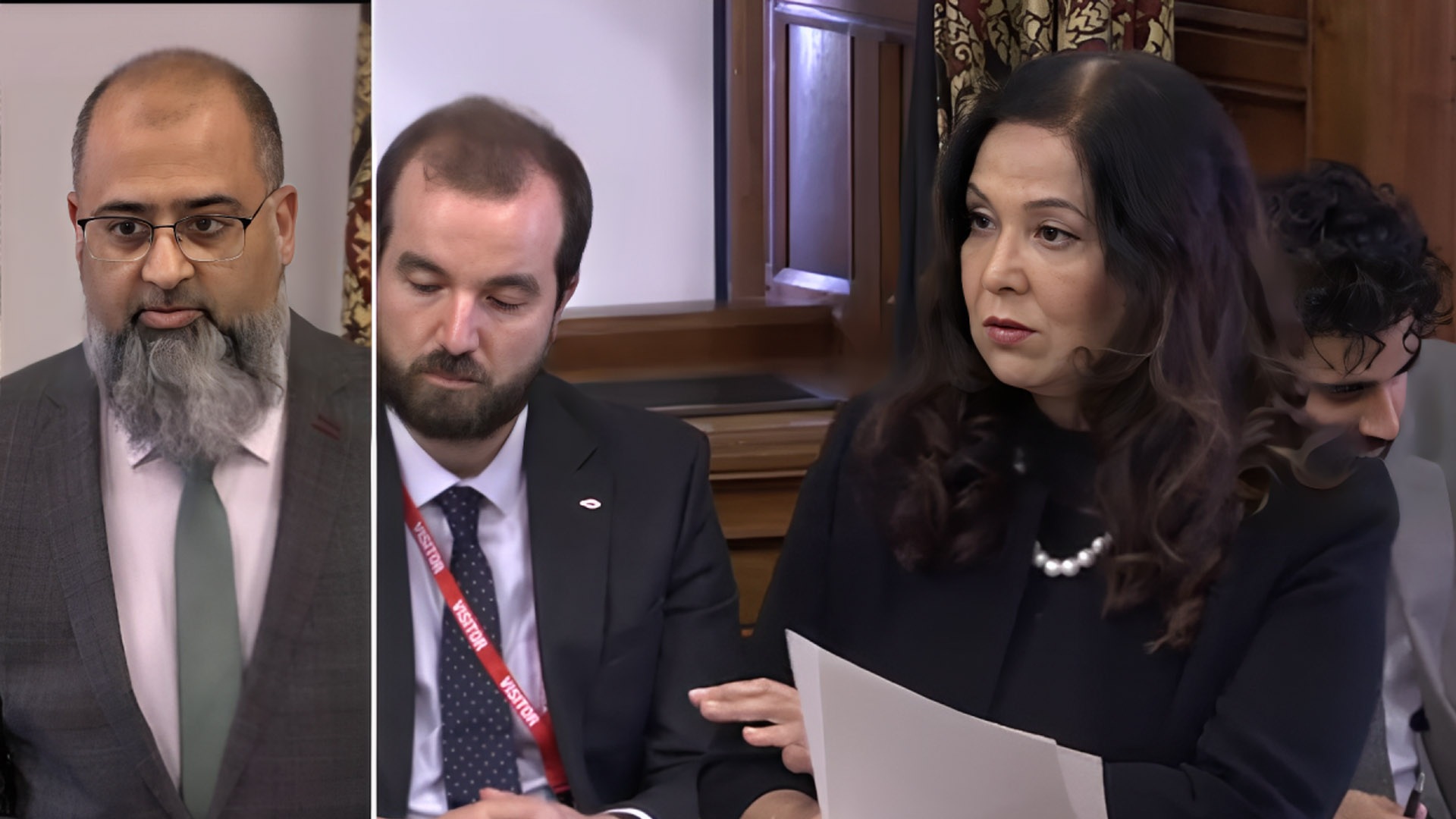
Sarah Sakeena Marshall
MPs in Westminster Hall engaged in a lively debate on June 9 over a petition calling for an end to the non-stun slaughter of livestock. In both halal and kosher traditions, animals must be fully alive and healthy before being slaughtered. MPs, who all claimed to be “animal lovers”, discussed the implications of such a ban on religious communities, and some referred to research backing the claims that the non-stun slaughter of animals is still humane.
The petition, which received over 109,000 signatures, stated, “In modern society, we believe more consideration needs to be given to animal welfare and how livestock is treated and culled.
“We believe non-stun slaughter is barbaric and doesn’t fit in with our culture and modern-day values and should be banned, as some EU nations have done.” Norway, Denmark, Sweden, and Switzerland have banned the non-stun slaughter of livestock.
Some Muslim MPs cited the petition’s language as having offensive undertones to religious communities and indirectly calling such religions backwards. Independent MP Iqbal Mohamed called the petition’s rhetoric “worryingly exclusionary and divisive” and explained that kosher and halal traditions are “centred around minimising suffering… When done properly, kosher and halal methods can be as, if not more, humane as stunned slaughter.”
Kosher and halal meats have similar requirements, including only eating certain animals (pork is not permitted in either tradition), using a sharp knife to swiftly cut the throat, and fully draining the blood. Both traditions consider humane treatment of the animal, which is not to be shown the implement with which it will be slaughtered or to have other animals present to witness the act.
Non-stun halal and kosher meat accounts for around 3% of animals slaughtered in the UK. Furthermore, the majority of halal meat is pre-stunned, though at a lower voltage than is normally used. Some Muslims debate the permissibility of stunned livestock remaining halal, but because stunning renders the animal unconscious without killing it, many still accept animals slaughtered in this way as halal.
MPs in opposition to the petition on religious grounds called instead for the discussion of factory farming practices, alluding to the narrow purview of the petition and calling into question whether it was really intended to protect animal welfare or to serve as a dog whistle against religious minority communities. Labour MP Yasmin Qureshi stated that she and other MPs “received emails referring to ‘Muslim meat’ and ‘dirty men with beards’. That is not the language of animal welfare; it is prejudice—plain and simple. Although the petition talks about ‘non-stun slaughter’ in general, public focus has almost entirely been on halal. Kosher slaughter uses the same method but is rarely mentioned. That reveals what many of us have known for some time: this debate is less about animals and more about Muslims.” Qureshi continued, “If it is truly about animal welfare, will we be talking about the 44,000-plus welfare breaches occurring in the stun industry; the millions of animals affected by failed stunning, painful procedures and transport death?”
Some of the discussions offered graphic detail into slaughtering practices, including electrocution, bolts into the brains of animals, and instances where stunning did not disable the animal, which occurs up to 20% of the time.
Many MPs stated how much they had learnt about animal culling practices doing research and talking to constituents in the wake of the petition. The strongest condemnation of halal slaughter practices came from Independent (recently Reform UK) Party MP Rupert Lowe, who stated, “Instead of an instant, painless death, these poor beings are put through the most unimaginable pain, all in the name of religion. This is not farming; it is torture.”
Lowe mentioned how millions of Britons eat non-stun meat without realising it and suggested mandatory labelling of such meats under the religious exemption. Many MPs, including those who wanted to keep the religious exemption, agreed that labelling would serve as a good middle ground to keep consumers informed about the meat they consume.
Upon a vote, the religious exemption for non-stun slaughter was upheld, allowing religious communities to continue slaughtering animals according to halal and kosher traditions. In the coming months, MPs may introduce labelling requirements for non-stun slaughtered meats, given that the idea received broad support from MPs and constituents.
Photo : Muslim MPs, including Labour’s Yasmin Qureshi and Independent MP Iqbal Mohamed, passionately defend halal and kosher slaughter practices during the June 9 parliamentary debate responding to a petition calling for a ban on non-stun methods. (Credit: Parliament TV screen-grab)
Sarah Sakeena Marshall
Data Assistant